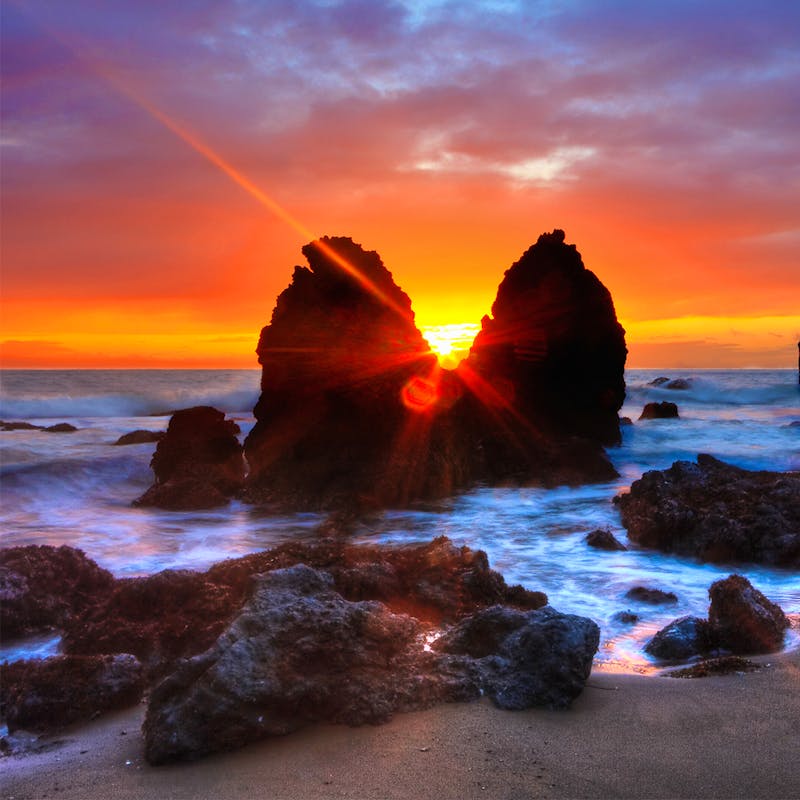TweetWe successfully and collaboratively secured protections for South Carolina's coast. This agreement will help maintain the integrity of essential habitats for horseshoe crabs, their spawning grounds and critical food sources for imperiled wildlife including migratory birds like the red knot.
Charles River Laboratories International, Inc.; the South Carolina Department of Natural Resources (SCDNR); Gault Seafood, LLC; Marsh Point Farm, Inc.; and the Southern Environmental Law Center, representing Defenders of Wildlife and the Coastal Conservation League, today announced a joint resolution of litigation related to the collection and temporary use of holding ponds for horseshoe crabs in South Carolina.
The parties have negotiated and collectively agreed to a final consent order that provides for five years of enhanced protections for spawning horseshoe crabs and migrating red knots while ensuring continued access to horseshoe crabs for use in biomedical testing. Among other things, this agreement:
- restricts horseshoe crab collection on the beaches of over 30 islands across the South Carolina coast that are established feeding sites for red knots during their annual migration;
- prohibits the temporary placement of female horseshoe crabs in holding ponds so they continue to spawn on South Carolina beaches and red knots can access horseshoe crab eggs;
- provides additional permitting conditions that include enhanced protection of horseshoe crabs during the collection process; and,
- provides SCDNR with additional data from contract fishermen.
In addition, Charles River agrees to continue to refrain from collecting and processing horseshoe crabs from all areas of the Cape Romain National Wildlife Refuge. Charles River also covers the financial cost of an independent monitor, who will report to the Court and the parties to ensure ongoing compliance with the joint agreement.
Gregory Marshall, Corporate Vice President and General Manager, Microbial Solutions, Charles River, said: “Under the supervision of Judge Richard Gergel, all parties worked together in good faith on the important matters of conservation and public health, which are not mutually exclusive. Our agreement allows for continued conservation of both horseshoe crabs and red knots, while maintaining the security of the biomedical supply chain. Horseshoe crabs play a vital role in ensuring patient safety, and we are glad to have come to an amicable resolution.”
Robert Boyles, Executive Director, South Carolina Department of Natural Resources, added: “Stewardship of South Carolina’s public trust resources is a team sport. The Department is pleased with the resolution of this litigation and looks forward to continued collaboration with all of the parties involved for the protection of these resources.”
Catherine Wannamaker, Senior Attorney, Southern Environmental Law Center: “This landmark settlement comes after years of litigation and represents a huge milestone for South Carolina wildlife and the citizens who care about it. We are glad that Charles River has agreed to increased protections for red knots and to conduct its operations in South Carolina in a more sustainable way.”
Ben Prater, Southeast Program Director, Defenders of Wildlife: “This is an exciting step in our work towards a sustainable future for the people and wildlife of the Southeast. We successfully and collaboratively secured protections for South Carolina's coast, including the Cape Romain National Wildlife Refuge. This agreement will help maintain the integrity of essential habitats for horseshoe crabs, their spawning grounds and critical food sources for imperiled wildlife including migratory birds like the red knot. We value the commitments both Charles River and SCDNR have made to wildlife conservation and our shared responsibility framed by the Endangered Species Act.”
Faith Rivers James, Executive Director, Coastal Conservation League, said: “This resolution allows for smart, focused restrictions on horseshoe crab harvesting that ensures a critical food source for red knots at vital foraging locations along South Carolina’s coastal plain. The Conservation League is dedicated to protecting the health of our state’s natural resources. We are pleased that this resolution allows these federally threatened, long-distance migrating shorebirds better access to the fuel they need for their transcontinental journeys.”
For over 75 years, Defenders of Wildlife has remained dedicated to protecting all native animals and plants in their natural communities. With a nationwide network of nearly 2.1 million members and supporters, Defenders of Wildlife is a leading advocate for innovative solutions to safeguard our wildlife for generations to come. To learn more, please visit https://defenders.org/newsroom or follow us on X @Defenders.
News

Defenders Receives Advocacy Organization of the Year Award






